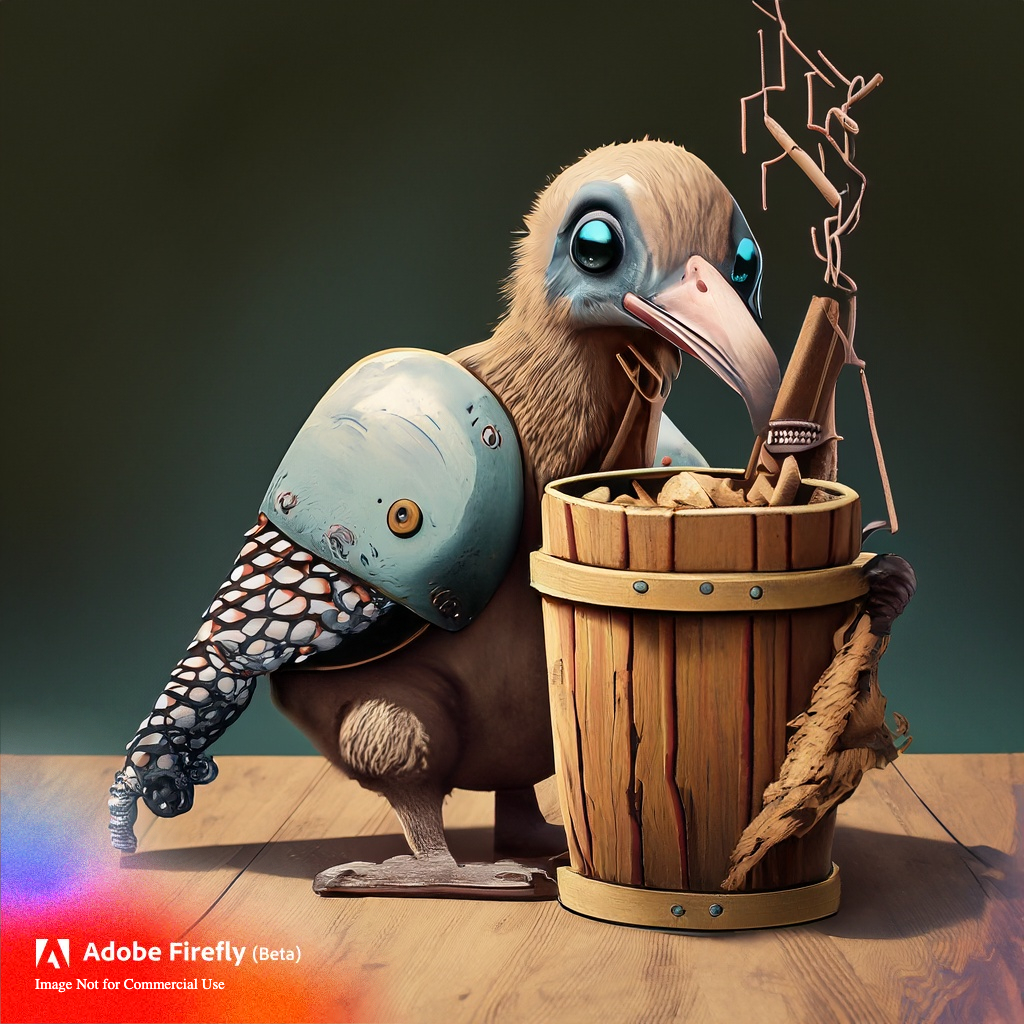There are numerous family names that have fascinating origins tied to people’s historic occupations and professions. For instance, surnames like Fisher, Miller, Carpenter, Baker, Taylor, and Cooper, to name a few, offer intriguing glimpses into the lives and trades of our ancestors. Let’s delve into the world of Coopers for a moment. Coopers were skilled craftsmen who displayed mastery in crafting and repairing wooden buckets, barrels, and casks, essential containers for storing and transporting various goods. However, if you look around today, you’re unlikely to encounter many individuals bearing the name Cooper who still practice the trade. Wondering why this once prominent profession has dwindled? The answer lies in the transformative forces of history.
The winds of change blew with the industrial revolution, introducing ingenious metal buckets that replaced wooden containers. Mass production through efficient metalworking diminished the demand for traditional craftsmanship. Additionally, the post-World War II era saw the rise of practical plastic buckets, rendering wooden buckets less appealing due to convenience. Furthermore, the 20th-century plumbing revolution made wooden buckets largely obsolete with the widespread adoption of modern plumbing systems.
Just as Coopers found themselves grappling with the advent of new materials and technologies, teachers today face the transformative forces of AI in education. To avoid becoming the “Coopers” of our time, it is vital to embrace change, learn about AI, and leverage our expertise to enhance our disciplines through innovative approaches.
Acknowledge the Impact of AI in Education:
Just as metal buckets replaced wooden ones, AI has the potential to revolutionize teaching and learning. Recognizing the benefits of AI tools, such as personalized instruction, real-time feedback, and adaptive learning, empowers educators to harness this technology effectively.
Embrace AI as a Complementary Tool:
Just as Coopers could diversify into working with different materials, teachers can incorporate AI as a complementary aid in the classroom. Embracing AI doesn’t replace our role but amplifies our capabilities to cater to diverse student needs and foster an engaging learning environment.
Explore AI-Enhanced Curriculum Design:
Like Coopers adapting their designs, teachers can explore AI-enhanced curriculum design, tailoring content to suit students’ learning styles and interests. AI-powered platforms can offer adaptive content, allowing for a more personalized and effective learning experience.
Foster Critical Thinking in an AI-Driven World:
As AI assists in language translation, teachers must foster critical thinking skills and cultural understanding. Just as Coopers preserved their craftsmanship, educators nurture the human touch, guiding students to evaluate and analyze information critically.
Embrace Lifelong Learning and Digital Literacy:
Just as Coopers transitioned to other trades, teachers must embrace lifelong learning and acquire digital literacy skills. Keeping abreast of AI developments and learning to effectively use AI tools will enable us to be at the forefront of educational innovation.
Explore New Roles and Specializations:
Like Coopers venturing into related fields, teachers can explore new roles and specializations. From online teaching to educational content creation, AI offers opportunities for growth and impact beyond traditional classrooms.
As we navigate the age of AI, we must remember the lessons from history and avoid becoming the “Coopers” of our time. Embracing change, learning about AI, and leveraging our expertise to enhance our disciplines will empower us to shape the future of education with innovative approaches. Together, let us rise to the challenges, embrace the opportunities, and ensure that our legacy as educators evolves and transforms the lives of generations to come.
- Reflect on the historical transition from wooden to metal and plastic buckets. How can this evolution in container materials relate to the changes we witness in education today with the integration of AI?
- How do you think AI has the potential to revolutionize teaching and learning, just like metal buckets replaced wooden ones? In what ways can AI tools enhance your role as an educator?
- Drawing parallels between Coopers diversifying into different materials, how can teachers incorporate AI as a complementary tool in the classroom to amplify their capabilities and cater to diverse student needs?
- In the context of AI-enhanced curriculum design, how can you explore tailoring content to suit students’ learning styles and interests, just like Coopers adapting their designs to meet changing demands?
- In the era of AI-driven translation, how can you nurture critical thinking skills and cultural understanding among your students, akin to Coopers preserving their craftsmanship?
- Embracing lifelong learning and digital literacy, how can you, as an educator, keep abreast of AI developments and effectively utilize AI tools to be at the forefront of educational innovation?
- Consider Coopers venturing into new roles and specializations. How might you explore and embrace new opportunities within the educational landscape, such as online teaching or content creation, empowered by AI?
- Reflect on the lessons from history about adapting to change and avoiding becoming the “Coopers” of our time. How will you proactively approach the integration of AI in education and leverage your expertise to shape the future of learning?
- How can educators collectively rise to the challenges and embrace the opportunities offered by AI to ensure that the legacy of teaching endures and transforms the lives of future generations?
- Share your thoughts on how you envision the future of education with the seamless integration of AI. What role do you see yourself playing in crafting this future?

